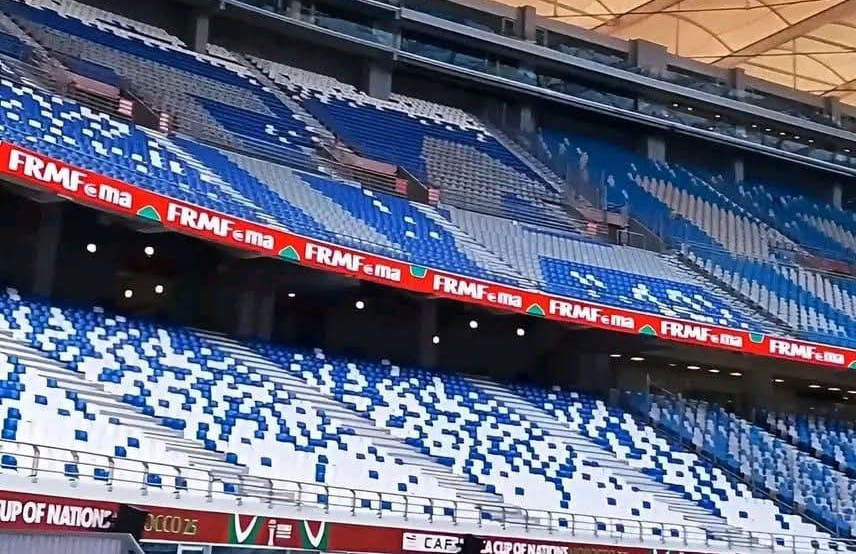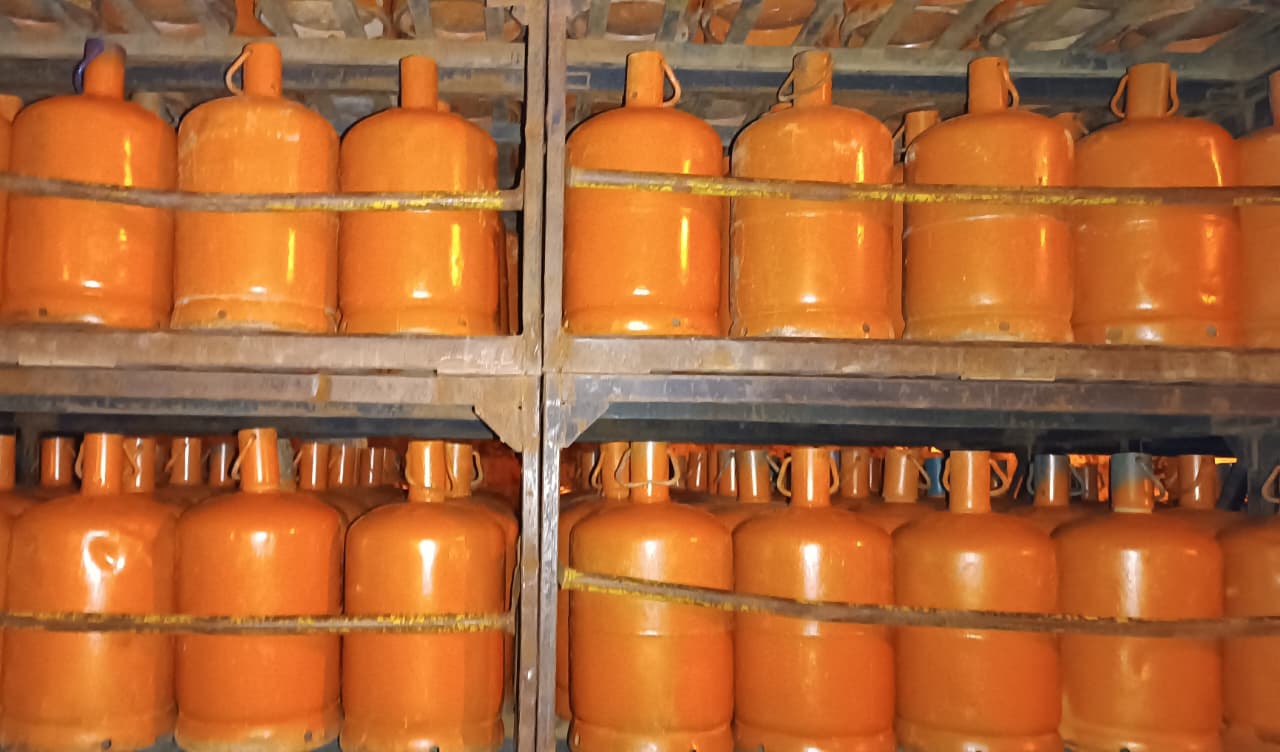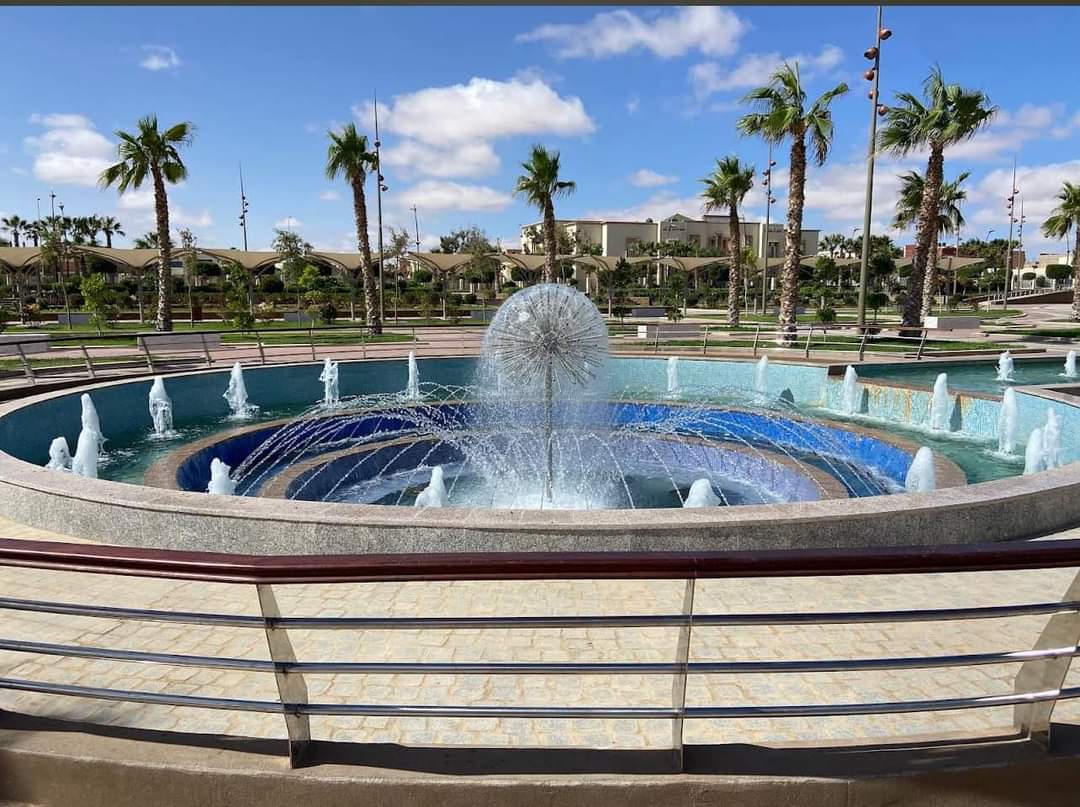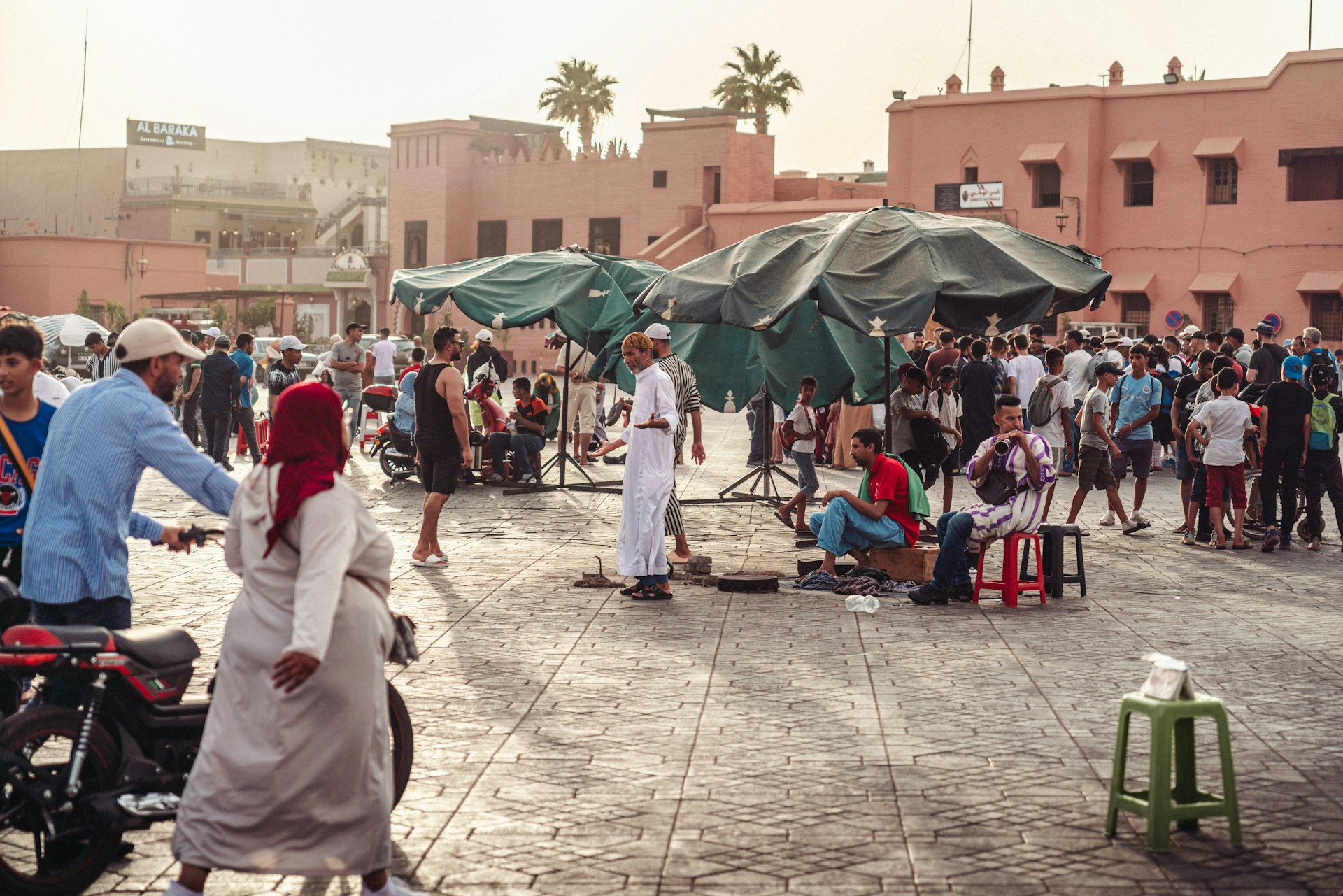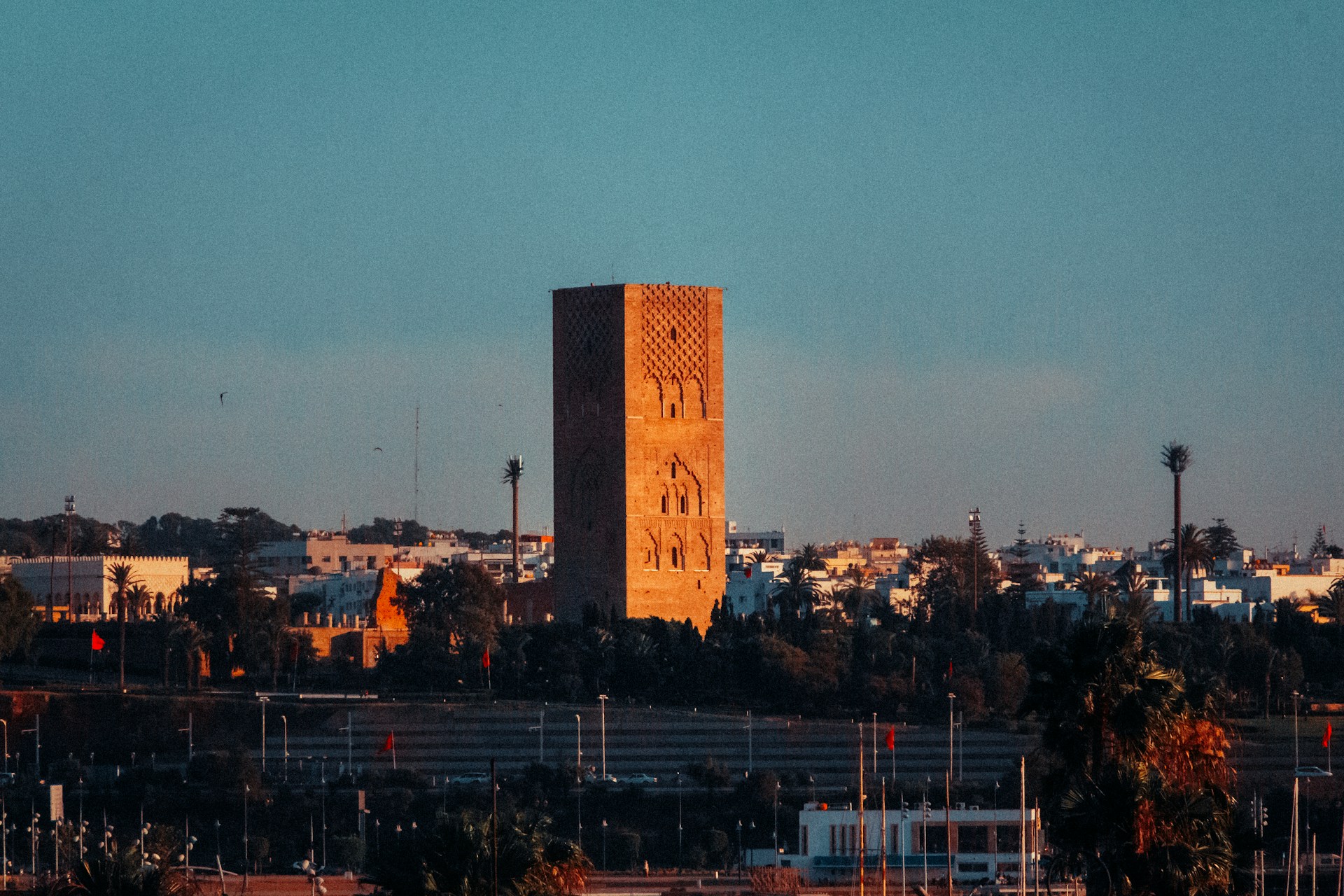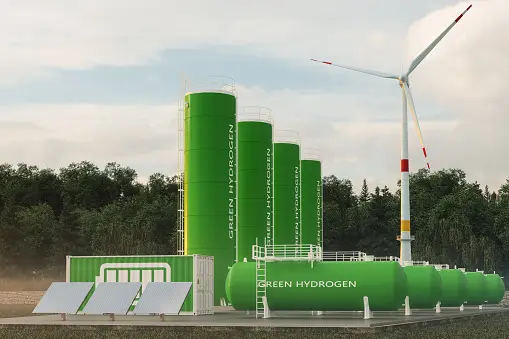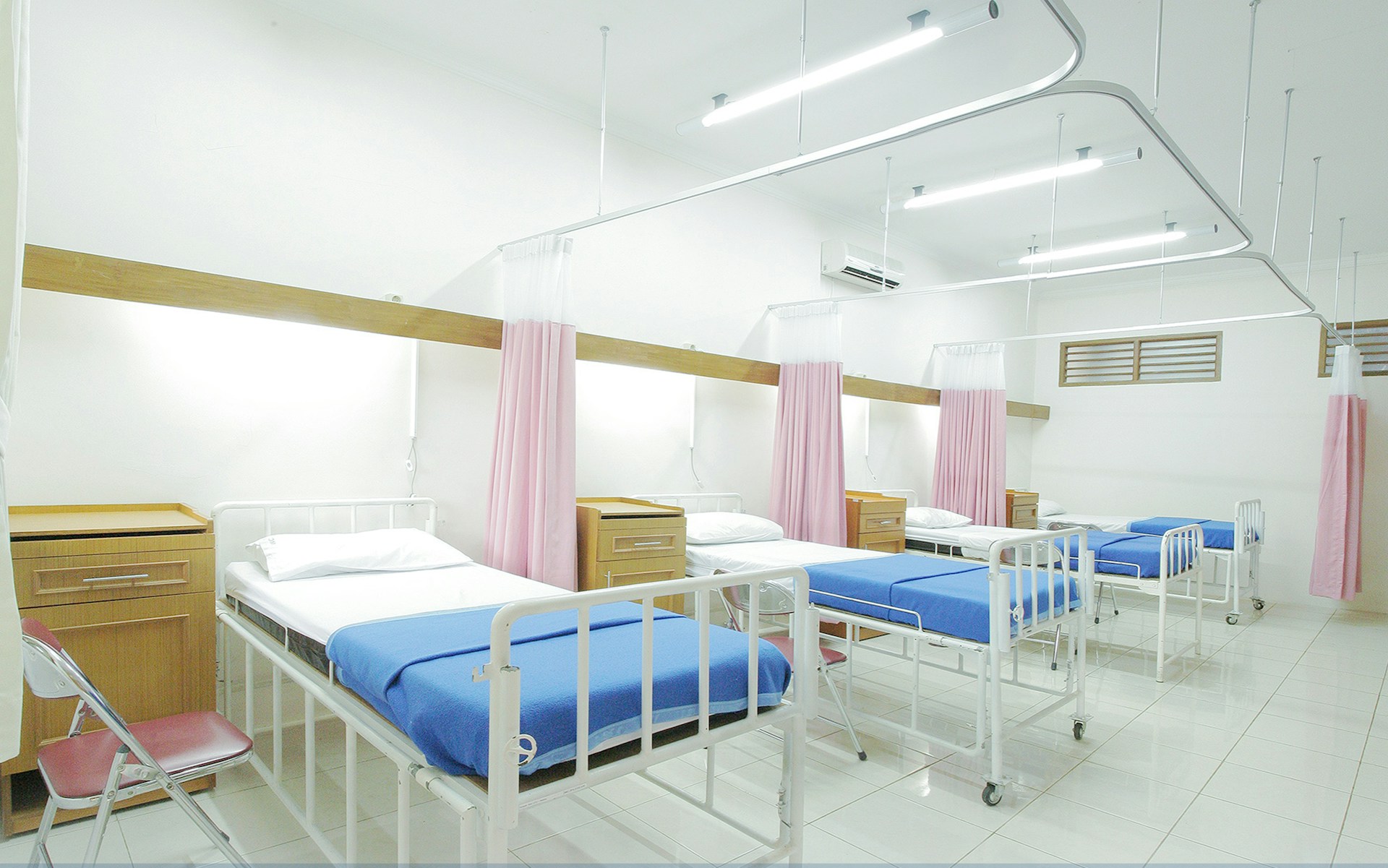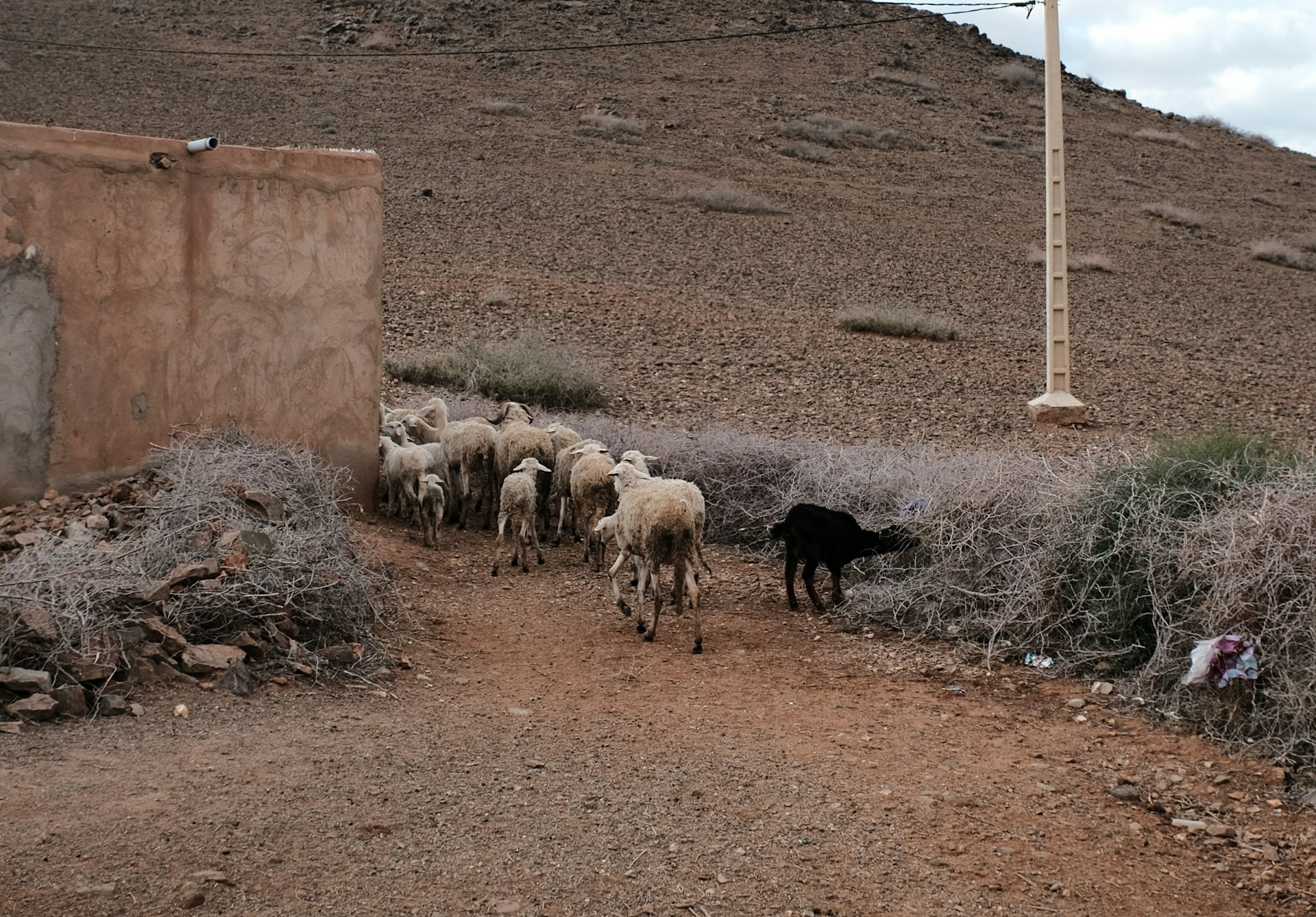Casablanca – After the launch of the housing support programme at the beginning of this year, the Minister of National Territorial Planning, Urban Planning, Housing, and City Policy has brought attention to the severe challenges facing Morocco’s housing sector, which has resulted in a housing deficit estimated at 278,000 units by the end of 2023. A particularly concerning aspect of this issue is that just six real estate developers are responsible for constructing a quarter of the country’s social housing programs.
In her presentation to the commission on interior, local authorities, housing, and city policy, Fatima-Zahra Mansouri outlined several critical factors contributing to this shortfall. The construction sector has been significantly impacted by a series of crises, including the Covid-19 pandemic and the war in Ukraine. These events have driven up the cost of building materials and caused shortages of essential raw materials. Additionally, there has been a notable decline in industry performance indicators over recent years, exacerbated by increasing urbanization pressures, with 64% of the population now living in cities.
The expiration of contracts for social and low-cost housing programs in December 2020, unachieved objectives for middle-class housing, and the lack of developer involvement in rural areas (with only 1,039 units completed) further compound the problem. Moreover, housing construction remains heavily concentrated in major cities, with limited diversification in the types of housing available.
The dominance of social housing development by just six major developers has raised significant concerns. An anonymous source within the National Federation of Real Estate Developers highlighted the ministry’s need to address why these programs fail to attract smaller and medium-sized developers, who often operate with minimal margins or even incur losses. “The ministry’s main priority should be to meet the program’s goals, whether they are implemented by 6, 10, or 50 developers. It’s crucial to recognize that large developers dominate these projects because they have the necessary land reserves,” the source emphasized.
The construction sector also faces substantial bureaucratic obstacles, such as the requirement for approximately 200 signatures from authorities between land acquisition and the sale of the final apartment. Additionally, obtaining a building permit can take up to a year, as seen with the Rabat Urban Agency.
The same source expressed doubts about the potential to resolve the housing deficit with the new program, given the narrow profit margins available to developers, who are also subject to taxation. The outlook remains uncertain, and addressing these deep-rooted issues is essential to effectively tackle Morocco’s housing crisis.







